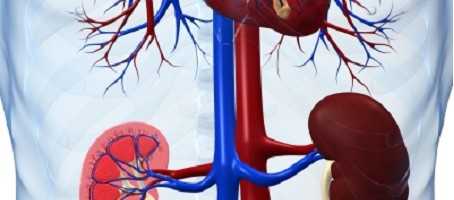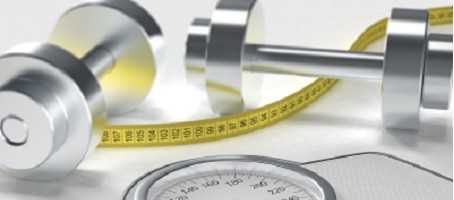Researchers in Cleveland have found a lower HbA1c, in people with type 2 diabetes, to be linked with a decreased risk of developing nephrolithiasis, commonly known as kidney stones.
Kidney stones are crystalline formations which can grow large enough to cause pain and other problems including affecting urination, causing nausea and can lead to an increased risk of kidney infection.
Kidney stones are relatively common in people over 30 years old and tend to affect men more than women. Kidneys stones affect between 1 in 5 and 1 in 10 men and between 1 in 20 and 1 in 30 women.
The researchers conducted a retrospective study to review whether either diabetes control, or the medication people with type 2 diabetes took, had an effect on rates of kidney stone risk.
The researchers looked at levels of acidity in the urine of patients and found that each 1% (11 mmol/mol) increase in HbA1c was linked with a lowering of pH by 0.07 of the urine. In other words, the greater the HbA1c, the more acidic the urine. More acidic urine is associated with a greater risk of developing kidney stones.
The researchers also found, that when age, gender, BMI and HbA1c levels were accounted for, use of insulin had a greater protective effect than use of oral diabetic medications (tablets). The researchers found no significant difference in risk between the different oral medications.
What's new on the forum? ⭐️
Get our free newsletters
Stay up to date with the latest news, research and breakthroughs.





